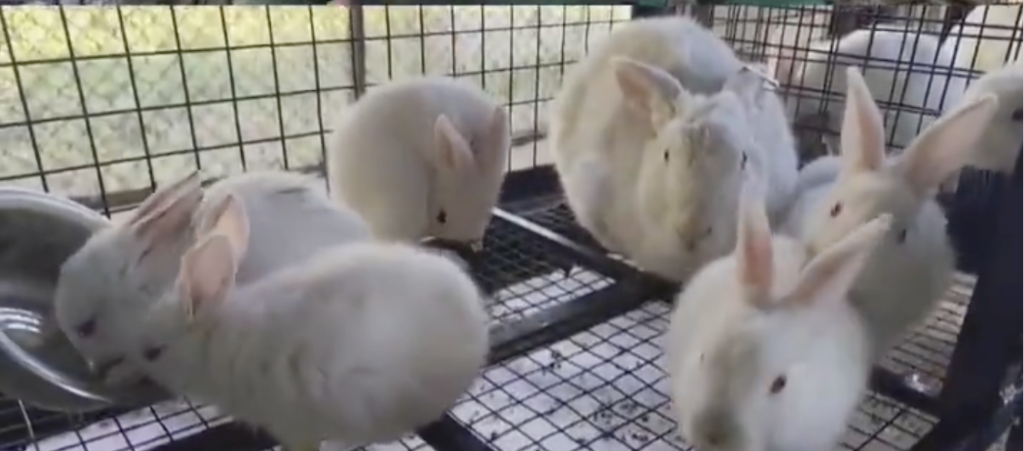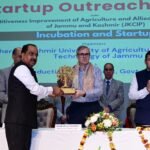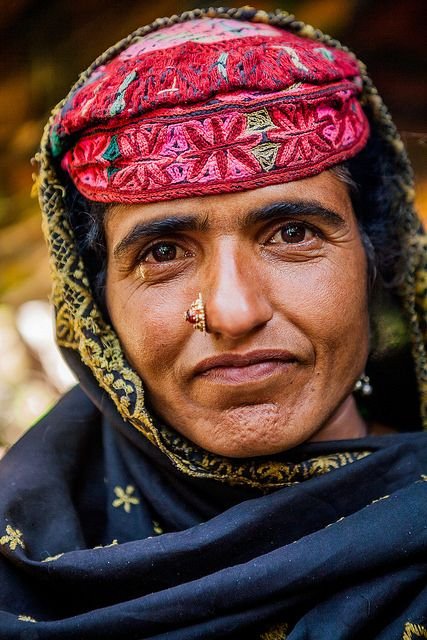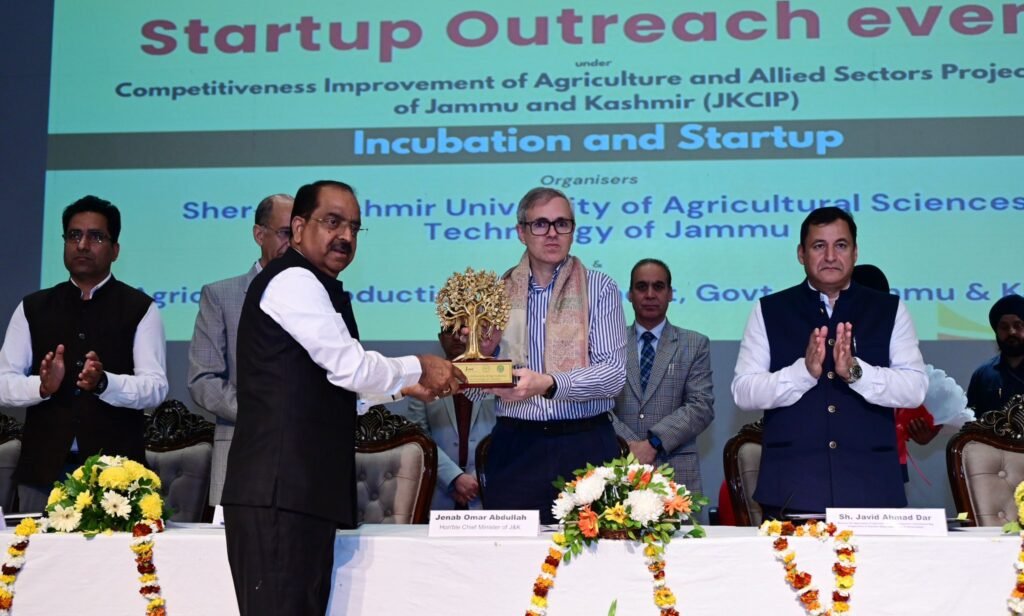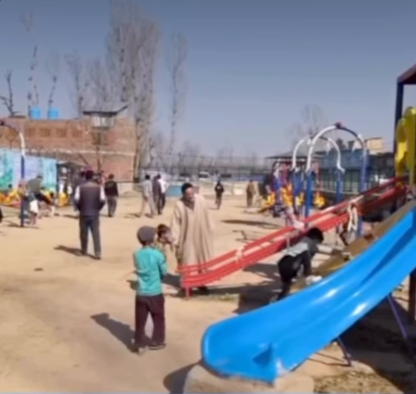Wusan, Pattan , October 29, 2025 – Tucked amid the green fields of Wusan village in North Kashmir’s Pattan area, a quiet agricultural revolution is underway. The Rabbit Farm at Wusan, a government-run facility under the Sheep Husbandry Department, is proving that small-scale, low-upkeep farming can deliver big results for employment, income, and food security in Jammu & Kashmir.Spread across 115 kanals of fertile land, the farm rears four high-value international breeds: German Angora, prized for its luxurious wool; French Lop, a heavyweight meat breed; Soviet Chinchilla, known for fast growth and fine fur; and Californian White, a global favorite for premium pelts and tender meat. These aren’t just animals — they’re economic engines on four paws.A Low-Cost, High-Return ModelRabbit farming demands little: small cages, basic feed (grass, vegetable waste, and farm-grown fodder), and minimal labor. One doe can produce 30–40 kits a year, reaching market weight in just 8–10 weeks. Compare that to sheep or cattle, and the math is clear — high turnover, low investment.“This is ideal for unemployed youth with limited land,” says Farm Manager Abdul Rashid. “You can start with 10 rabbits in your backyard and scale up within a year.” The farm sells breeding pairs at subsidized rates, enabling dozens of private units in Pattan, Baramulla, and Sopore.
Fueling Jobs and Local Economy
- Direct Impact: The farm employs 25 local workers in breeding, feeding, and sales.
- Indirect Gains: Over 40 private rabbit farms now operate nearby, creating 200+ micro-jobs in rearing, transport, and meat processing.
- Market Reach: Live rabbits are sold across Kashmir; meat finds takers in Srinagar hotels and health-conscious homes. Pelts are crafted into gloves, caps, and bags by local artisans.
Rabbit meat — lean, low-cholesterol, and rich in protein — is gaining traction as a healthy alternative to red meat. “It’s safer when cooked properly and more affordable than mutton,” notes Dr. Mehjabeen, a nutritionist at SKIMS Srinagar.
Sustainability Built In
The farm grows its own Rabi and Kharif fodder (clover, maize, oats), reducing costs and ensuring year-round supply. Waste is composted into organic manure — a closed-loop system that inspires young farmers to adopt eco-friendly practices.
Challenges and Comebacks
The farm faced setbacks in the 1990s when parts were temporarily occupied by security forces. But with renewed government focus on rural livelihoods, it has roared back. Recent upgrades include modern cages, a small pelt-processing unit, and training programs for aspiring entrepreneurs.
A Blueprint for J&K’s Future
As Jammu & Kashmir pushes for diversification beyond apples and tourism, rabbit farming offers a scalable, resilient model. With support from SKUAST-Kashmir and the Animal Husbandry Department, plans are afoot to:
- Launch a Rabbit Farmers’ Cooperative in Pattan
- Introduce value-added products (frozen meat, wool yarn)
- Set up training centers in every district
For the youth of Wusan, the rabbit is no longer just a pet — it’s a ticket to dignity, income, and pride.

